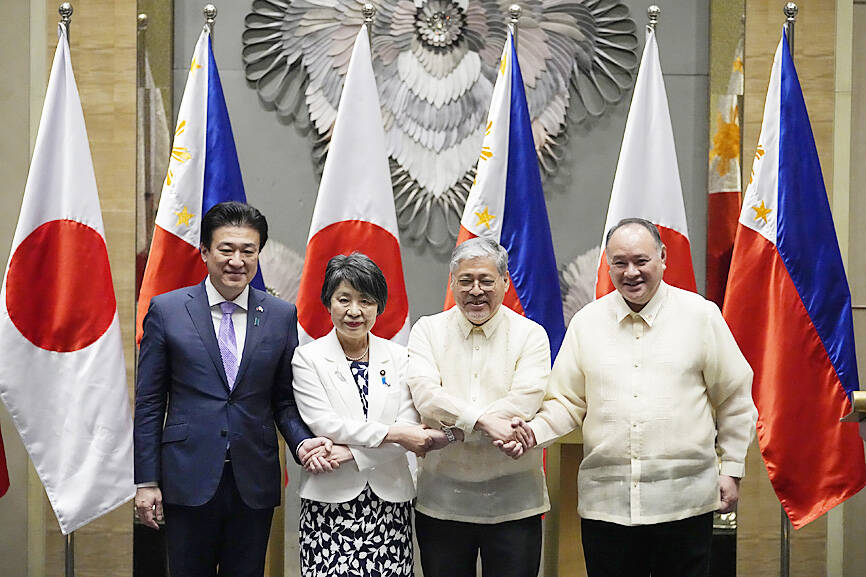
Key Points:
- Japan and the Philippines signed a historic Reciprocal Access Agreement (RAA) allowing troops to be deployed on each other’s territory.
- The agreement is a key step in bolstering security cooperation between the two nations amid growing concerns over China’s assertiveness in the South China Sea.
- The RAA signifies a shared commitment by Japan and the Philippines to strengthen their defense capabilities and work together to deter potential threats.
Philippines and Japan Deepen Defense Ties with New Agreement
In a significant move to bolster security cooperation in the face of China’s growing assertiveness, Japan and the Philippines signed a landmark defense pact allowing troops to be deployed on each other’s territory.
The Reciprocal Access Agreement (RAA), finalized in Manila, provides the legal framework for both countries to send defense personnel to each other’s territory for training, joint exercises, and other operations. This agreement represents a significant step forward in the growing strategic partnership between the two nations.
A Historic Agreement
The RAA was signed by Philippine Secretary of Defense Gilberto Teodoro and Japanese Minister of Foreign Affairs Yoko Kamikawa at a ceremony witnessed by Philippine President Ferdinand Marcos Jr. The signing took place at the presidential palace, signifying the importance of the agreement to both countries.
The agreement will allow for the deployment of Japanese troops to the Philippines under the “Visiting Force” status, a key element in facilitating joint exercises and training operations. The agreement also allows Filipino forces to enter Japan for similar purposes.
Strategic Implications
Analysts see the RAA as a critical step in bolstering security cooperation between Japan and the Philippines, particularly in the face of rising tensions in the South China Sea.
China claims sovereignty over almost the entire South China Sea, a strategic waterway also partly claimed by Taiwan, the Philippines, Vietnam, Malaysia, and Brunei. The region has witnessed increasing militarization by China, including constructing artificial islands and deploying military assets.
This agreement comes amid growing concerns over China’s assertiveness in the region. The signing of the RAA signals a clear intention by Japan and the Philippines to strengthen their defense capabilities and work together to deter potential threats.
Addressing China’s Concerns
China has expressed concerns about the RAA, arguing that it could undermine peace and stability in the region.
“Exchanges and cooperation between countries should not damage mutual understanding and trust among countries in the region, undermine regional peace and stability, or target or harm the interests of third parties,” said Chinese Foreign Ministry spokesman Lin Jian.
However, Japan and the Philippines have repeatedly stressed that the agreement is not directed against any specific country and aims to promote regional security and stability.
A Shared Commitment to Security
The RAA is a testament to the shared commitment of Japan and the Philippines to strengthening security ties. Both nations are treaty allies of the United States, and the RAA is seen as further enhancing the US-led security architecture in the Asia-Pacific region.
“Japan is one of the Philippines’ four strategic partners,” said the Filipino presidency. “The annual trade volume between the nations climbed to $20.71 billion last year.”
Looking Forward
The RAA marks a significant milestone in the defense cooperation between Japan and the Philippines. The agreement is expected to enhance the military capabilities of both countries, deter potential threats, and promote regional stability.
As the geopolitical landscape in the Asia-Pacific region continues to evolve, the RAA is expected to play a crucial role in shaping the future of security cooperation between Japan and the Philippines.
